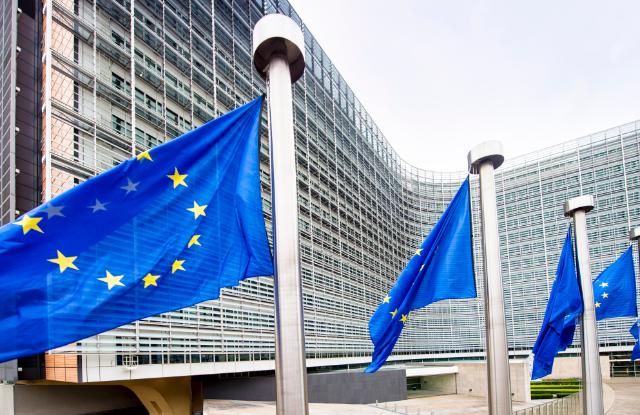In a letter today, European NGOs, think-thanks, trade unions and academics across the EU urges Europe’s decision-makers to learn the lessons of the economic crisis in 2008 and to avoid the pursuit of austerity-driven policies.
The letter, signed by 150 leading figures, was initiated by Finance Watch, a European NGO founded in reaction to the previous financial crisis, “when policymakers realised that there was no counter-power to the lobby of finance.” The letter is addressed among others to European Council President Charles Michel, European Commission President Ursula von der Leyen and the EU member states.
“We are currently in the midst of the greatest health, social, and economic shock of our lifetimes,” the letter says. “The policy agenda set in the emergency and recovery phase in the year ahead will have profound socio- economic effects, determining the shape of our economy long after the pandemic is over.”
“At the same time, we cannot afford to address one crisis whilst ignoring another – by leaping out of the COVID frying pan into the climate fire. Indeed, there is no vaccine for environmental breakdown.”
The letter’s signatories argue that fiscal policy should be an “enabler” and “not a chain that holds economies back” – and note that Europe’s fiscal framework should be “aligned”, and “not at odds”, with stated goals of full employment and environmental protection.
While the letter’s signatories admit that such change is not “simple”, or something that can be achieved “overnight”, it urges the European Commission to establish the following principles as a “bedrock” when reforming the current fiscal framework:
- Ensure Member States are fiscally enabled and incentivized to flexibly reach the goals of full- employment with decent jobs and a socially just green transition, making sure no one is left behind.
- Establish a sizable and permanent community EU budget and borrowing capacity for promoting investment supportive of the Green Deal and a socially just transition.
- Make possible a coordinated interaction of fiscal and monetary policy, to allow governments to take a primary role in macro stabilization. The ECB should pursue an accommodative stance that supports democratically decided fiscal objectives, allowing member states to take full advantage of the fiscal potential afforded to them by monetary policy.
“A return to business as usual – the revival of failed austerity policies of the past – is simply not an option. We must build back better, so that all European member states are stronger coming out of the COVID crisis than they were going in. This year stands before us as a unique opportunity to do things differently and start a fresh chapter to European policy making.”
The Brussels Times

